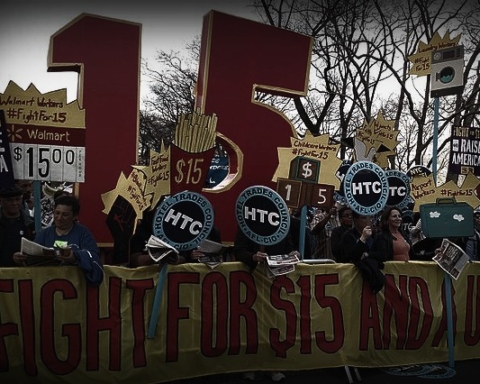The Supreme Court ruled unanimously on Thursday that the Speedy Trial clause of the Constitution isn’t relevant during the sentencing process.
Justices said the Sixth Amendment “does not apply once a defendant has been found guilty at trial or has pleaded guilty to criminal charges.” The case, Betterman v. Montana, was brought by a man who waited 14 months after filing a guilty plea before his punishment was adjudicated.
Brandon Betterman had been sentenced to seven years in prison, four suspended. He was found guilty of bail-jumping after being ordered to appear in court on domestic assault charges.
Ruther Bader Ginsburg, who wrote the majority opinion, said Betterman’s sentence was upheld because his challenge was based entirely on Sixth Amendment grounds. “He did not preserve a due process challenge,” she noted.
The Justice said Betterman may have been entitled to “tailored relief” under the process clause, the Fifth Amendment, or under the Fourteenth Amendment, the Equal Protection clause.
The Sixth Amendment states that “[i]n all criminal prosecutions, the accused shall enjoy the right to a speedy and public trial.”



